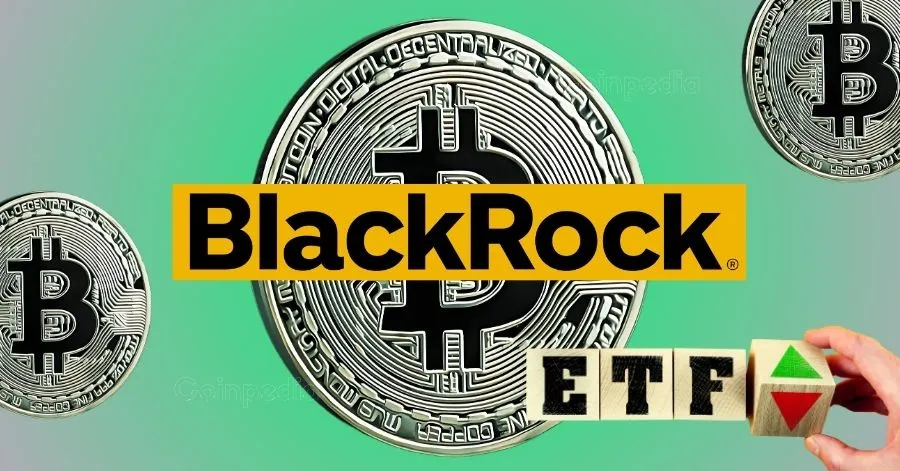BlackRock’s XRP ETF Play: A Risky Bet for Mainstreet Investors?
Wall Street’s latest crypto gambit puts retail traders in the crosshairs—again.
Van Dell, co-founder of Black Swan Capitalists, slams the proposed BlackRock XRP ETF as a ’loaded dice game’ for everyday investors. The warning comes as institutional players double down on crypto products—while mom-and-pop portfolios bear the brunt of volatility.
Funny how the ’democratization of finance’ always seems to stop at the hedge fund gates.

Amid growing speculation around a potential XRP exchange-traded fund (ETF), Van Dell, co-founder of Black Swan Capitalists, cautions investors against joining the celebration too quickly. While the possibility of BlackRock launching an XRP ETF seems like a milestone for mainstream crypto adoption, Dell suggests it may ultimately serve Wall Street’s interests more than those of everyday investors.
“People are excited about the idea of an XRP ETF, especially if it’s backed by BlackRock,” Dell stated in a recent video. “But the real question should be—who benefits most from it?”
A Calculated Move by Wall Street
BlackRock, the world’s largest asset manager with over $10 trillion in assets under management, has a significant influence over global finance. Dell argues that their MOVE toward an XRP ETF isn’t about democratizing access to digital assets, but rather about controlling and profiting from them.
“It’s about wrapping disruptive digital technology like XRP in a suit and tie that Wall Street understands and dominates,” he said.
Dell emphasized that while an ETF WOULD make XRP more accessible to traditional investors—who prefer not to deal with wallets, private keys, or exchanges—it strips away the token’s actual utility. ETF holders wouldn’t own the asset itself, which means missing out on the advantages of participating in the XRP network directly.
Ownership Without Ownership
According to Dell, owning an XRP ETF doesn’t equate to owning XRP. “An ETF offers price exposure, not true ownership,” he said. “You can’t send your ETF to another wallet, use it for transactions, or tap into the protocol’s full potential.”
He compared this to owning a piece of the protocol itself—which only comes from holding the actual digital asset, not a financial product that tracks its value.
ETFs Favor Institutions, Not Retail Investors
Dell outlined several reasons why BlackRock and similar firms would prefer an ETF model over promoting direct XRP ownership:
BlackRock’s Bitcoin ETF, for instance, reportedly brought in over $356 million in daily inflows as of May 2025. Dell argues that firms like BlackRock use insider knowledge and media timing to spark price surges and dips, profiting from market volatility while retail investors react emotionally to headlines.
A Broader Perspective
While acknowledging the convenience ETFs offer to traditional investors, Dell warned of their limitations and long-term consequences. “It’s business as usual for them—more control, more profit, and less operational hassle,” he said. “But for retail investors, it means less ownership, less utility, and more exposure to market manipulation.”
He concluded by urging investors to critically examine both sides of the ETF debate. “Don’t get swept up in the hype,” he said. “Understand the macro picture—and remember that true crypto ownership still lies in holding the native token.”

